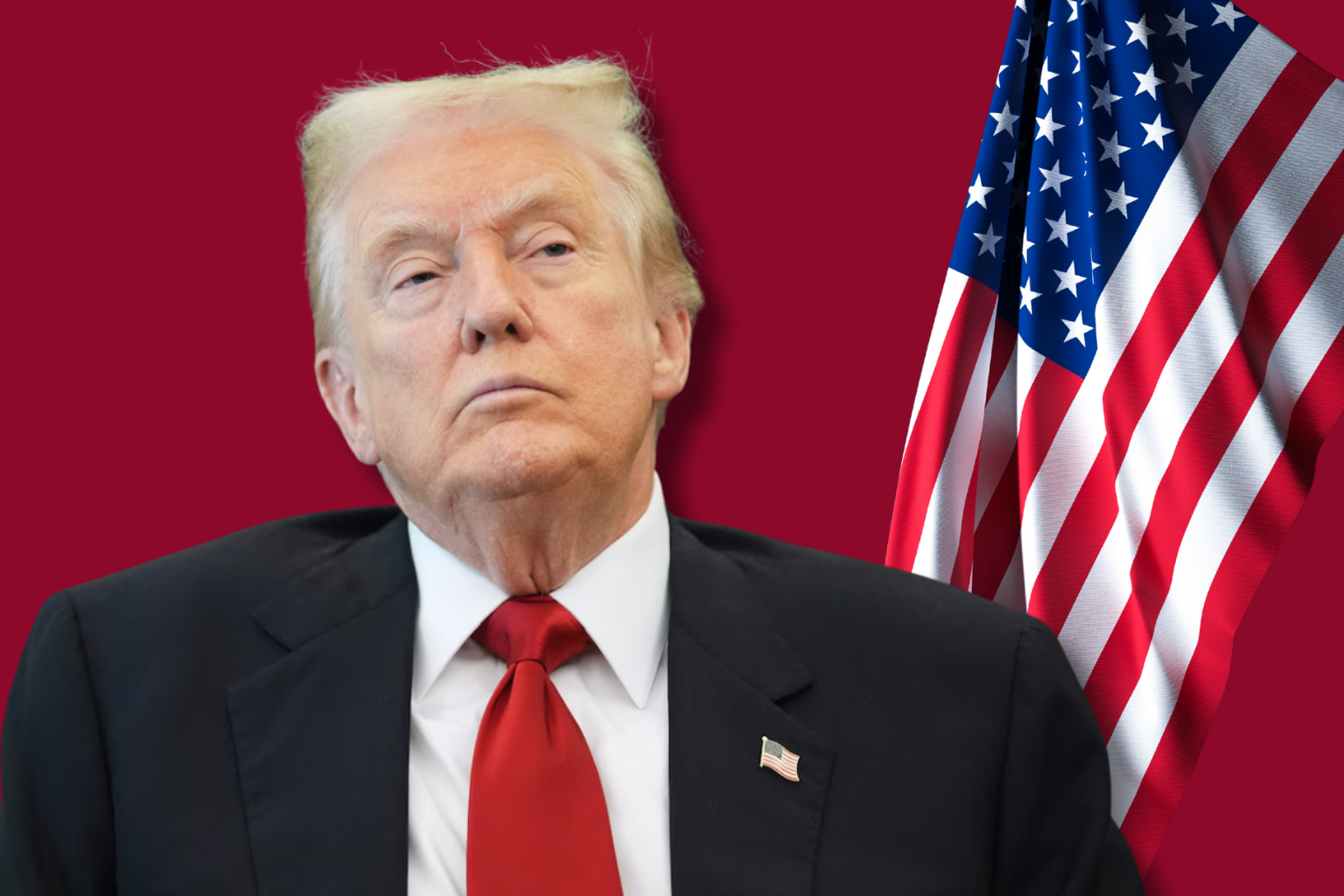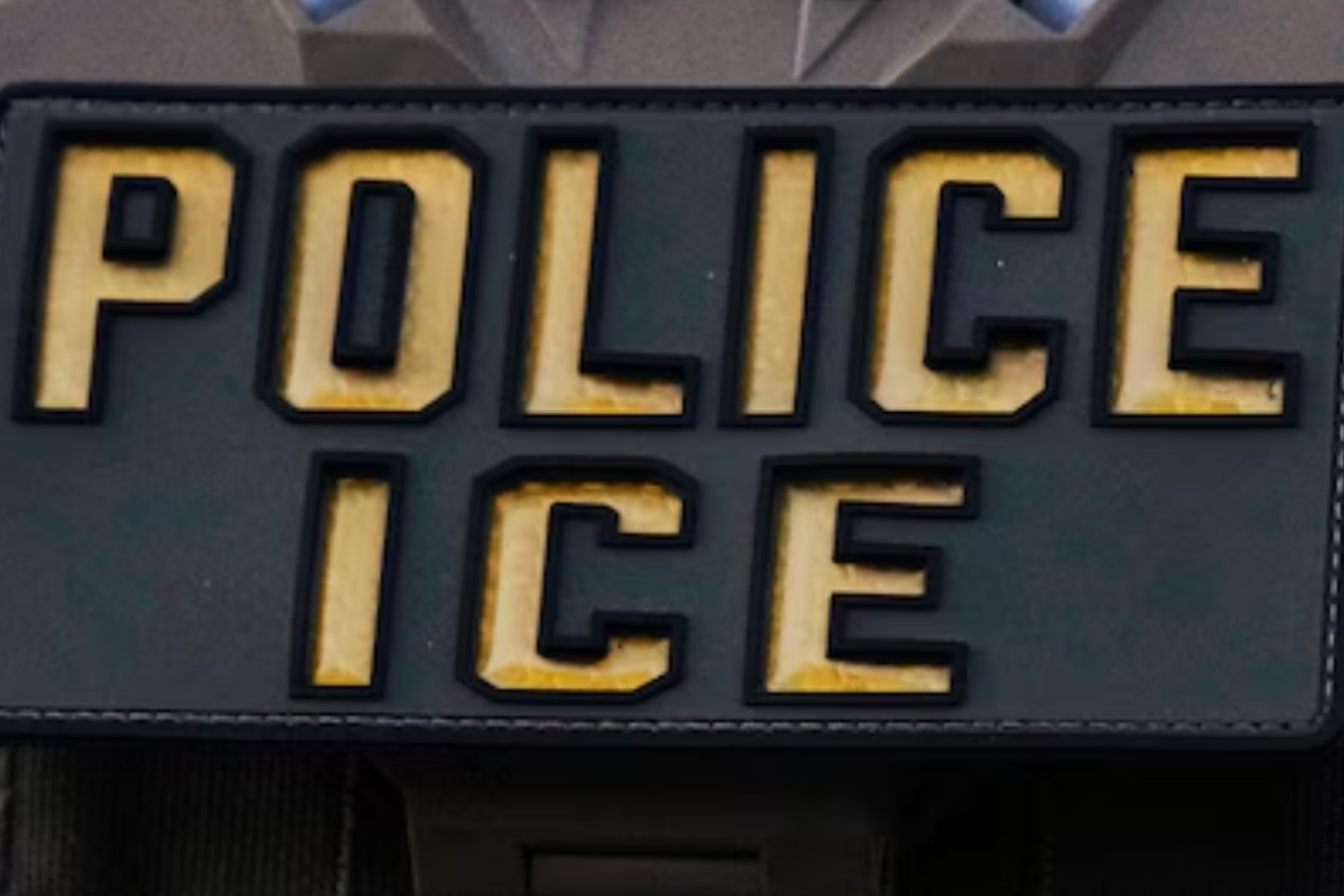Judge Continues Review in Case of Rep. McIver, Focuses on Oversight Immunity and Prosecutorial Conduct

A federal judge in Newark is looking more closely at the case against Representative LaMonica McIver because there are important questions about congressional oversight immunity and whether the prosecution may have been biased. McIver, a Democrat from New Jersey’s 10th Congressional District, is appealing petitions to dismiss the accusations that she assaulted and hindered federal authorities during a May visit to a privately-run detention center in Newark for undocumented immigrants.
McIver’s lawyers say that what she did at the detention center was part of her normal congressional oversight duties and that the allegations against her are an example of selective enforcement, not fair application of the law. The defense said that she was doing her job as a lawmaker by going to the site with coworkers to check on circumstances. They said that this should insulate her under the doctrine of oversight immunity.
Judge Jamel Semper raised direct questions in court about how far that immunity goes. He made it clear that just because someone goes on a site visit doesn’t mean that all of their actions are covered. The judge’s comments show how hard it is to figure out where monitoring ends and personal accountability may begin, especially when a fight is said to have happened. The prosecution said that the fight happened outside the facility’s gate and was not part of the lawful supervision visit, thus it was not protected by legislative immunity.
The government’s actions in the case have also been a big topic of discussion during the hearings. McIver’s team was worried that some of the Department of Homeland Security’s public statements and social media posts made her activities look like a “reckless stunt” and could make it hard to get a fair trial. The judge told the government lawyers to take down a few posts that he thought were “prejudicial,” and he told the defense team to give them more footage. These events show how public messages from agencies could alter how fair legal proceedings are.
There was also a lot of debate about selective prosecution. Defense lawyers said that the charges were based on McIver’s strong hostility to the previous administration’s practices on enforcing federal immigration laws. They said that other politicians who were at the facility during the May intervention were not charged. The prosecution said that the choice to charge McIver was based only on her alleged actions and not on her political beliefs, and they used evidence from federal agents to back this up.
The event that led to the complaint took place on May 9 at a detention center run by a private contractor for a government immigration agency. After the mayor of the city raised concerns about the facility’s ability to operate, McIver and two other House Democrats went inside to check on the conditions. There was a fight at the entry, and the mayor was momentarily jailed for trespassing. That accusation was eventually dismissed. The federal indictment against McIver, which was issued in June, says she assaulted and resisted federal officers. She has pleaded not guilty to these allegations.
Outside the courthouse, people who supported McIver gathered to demonstrate their support, which showed the political nature of the issue. Her lawyers sent in more than 200 pages of documents asking for the charges to be dropped because of immunity and selective enforcement. The judge did not make a decision during the hearing. He said he needed time to think about the arguments and the papers before making a written decision.
The case makes it very clear how complicated the relationship is between congressional oversight rights, the limits of that authority when there are physical confrontations, and the role of prosecutorial discretion. If the judge agrees to the move to dismiss because of immunity, it might strengthen the safeguards that lawmakers have while they are being watched. On the other side, a rejection might make it clearer where such safeguards stop when someone is accused of wrongdoing. No matter what happens, the case shows politicians and federal agents that they need to be very careful with how they handle supervision and enforcement operations.
For McIver, the case is more than just a personal legal battle. It has to do with how far elected officials can go when they are in charge of overseeing things and how the government should treat those officials when enforcement activities get in the way of that oversight. The prosecution is using this case to see how closely federal law looks at charges of selective prosecution and interactions between agencies and the public. The decision that is about to be made will probably have a big impact on future cases that involve elected officials, their duty to oversee, and the limits of their power.
Sources
Associated Press
Yahoo News




